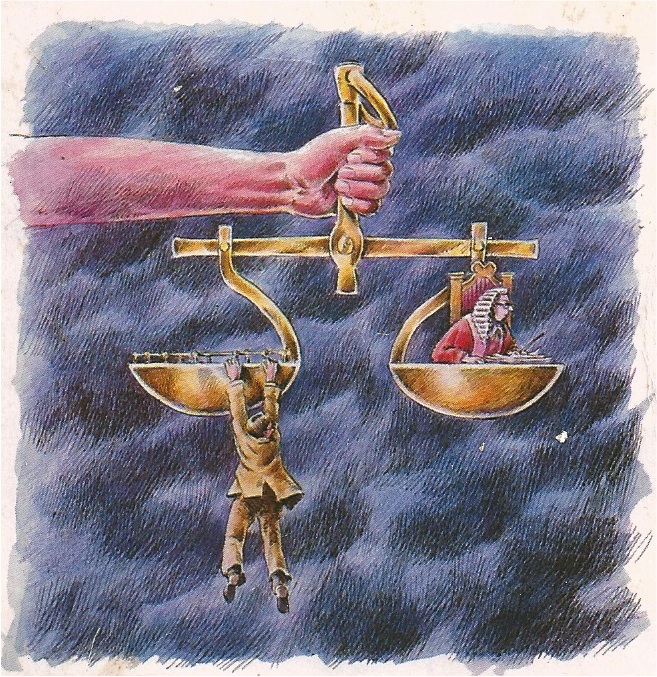A prisoner claiming to be wrongly convicted is to challenge the Ministry of Justice over a ban preventing him from talking to the press about his case. Mark Alexander, who has always denied murdering his father, successfully fought the High Court’s rejection of his judicial review last March over the issue of prisoners access to the media.
Mark Alexander claims that having ‘exhausted all currently available legal avenues’ his campaign approached a journalist ‘to follow new lines of enquiry and seek out fresh evidence on our behalf’. He says that the journalist, Robin Eveleigh, is making a podcast series ‘to shed light on the circumstances of my conviction and whether my family and I have suffered a serious miscarriage of justice’. ‘In participating in this documentary series, we hope that awareness can be raised about my father’s murder in 2009, and that members of the public will be encouraged to come forward with new information,’ he says. The Court of Appeal has now granted permission for a judicial review.
You may remember last year I challenged @MoJGovUK policy limiting prisoners’ free speech & the ability of investigative journalists to access prisons. The Judicial Review was rejected, but I have since appealed & Lord Justice Bean has just agreed to grant a hearing for April! pic.twitter.com/u6tLXhcDQ5
— Mark Alexander (@PatientCaptive) February 2, 2023
Alexander has completed bachelors and masters degrees in law whilst in prison and campaigns for reform. The Law Commission review of the criminal appeals process followed correspondence between the Lord Chancellor, Dominic Raab and Mark Alexander via Andrew Selous MP. He now argues that the Ministry of Justice’s decision to block the interview ‘obstructs my access to justice and violates my freedom of expression’.
‘Three principled questions, as to who in society gets to have a voice in John Stuart Mill’s marketplace of ideas; what practical support is available to prisoners to uncover miscarriages of justice when they do occur; and to what extent public interest journalism can meaningfully subject the criminal justice system to scrutiny and accountability – lie at the heart of this application.’
Mark Alexander
The journalist working on the podcast, Robin Eveleigh said that the Ministry of Justice ‘seems to be setting itself up as some kind of arbiter of good taste, but it really shouldn’t fall to a government department to decide what might or might not cause “outrage to public sensibility”’.
‘I think the public is far more resilient to this kind of material than the Justice Secretary imagines – you’ve only to look at the global interest in the case of convicted murderer Adnan Syed, covered in a podcast that’s been streamed something like 300 million times,’ he says. ‘Syed has since had his conviction overturned, thanks in no small part to the podcast.’
‘Personally, I’m more outraged by Mr Raab remaining in post while he’s investigated over multiple claims of bullying than I could ever be by listening to a potential victim of a miscarriage of justice stating his case.’







